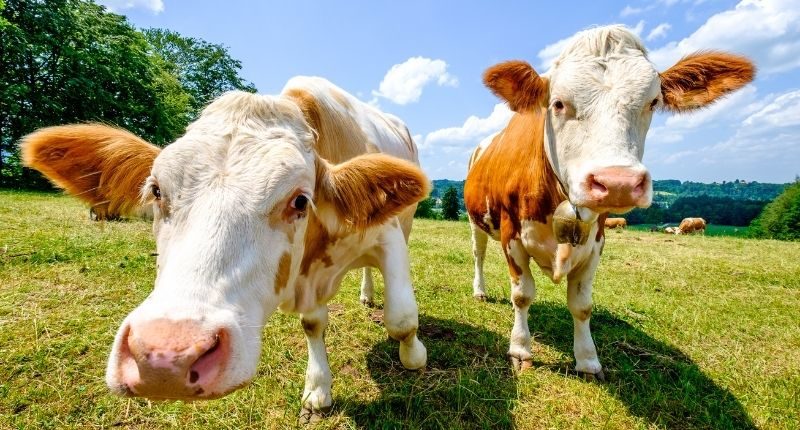- Low interest rates and high commodity prices have benefitted farmers
- Rural land values are up by 12.9% p.a since 2019 when the drought broke
- Many properties are being bought by local farmers as opposed to foreign investors
Two years of rapid growth for the agribusiness sector in both value and volume terms has led to an ambitious target – becoming a $100 billion industry by the end of the decade.
Ideal growing seasons across much of Australia, coupled with low interest rates and high prices for commodities such as wheat, beef and lamb, have resulted in high levels of confidence among 85,000 NAB agricultural customers.
The news comes as rural land values have soared recently, by 12.9% annually since late 2019, when drought-stricken parts of northern Australia and Queensland enjoyed significant rainfalls.
Notably, according to NAB, many properties are being bought by cashed-up neighbouring farm families as opposed to foreign or corporate investors.
In terms of the cropping sector, the second biggest grain harvest on record – 51.5 million tonnes – has resulted in many growers paying off debt and returning farms to profitability.
The dairy sector is also milking the benefits of scarce supplies due to the 2016 milk price crash which saw many farmers exit dairy farming or convert their production to beef.
The optimistic outlook has suggested the $66.3 billion industry could be on track to reach $100 billion by 2030 – a target first set by the National Farmers Federation and later by the federal government.
Phin Ziebell, NAB Agribusiness senior economist, said the “great run” of the sector had resulted in strong turnarounds for farmers’ own personal financial situations as well as for rural prosperity overall.
“It’s a very encouraging picture; the combination of good seasons, good crops and good prices doesn’t happen very often in Australia,” he said.
“It’s a very good time to be in agriculture and the growth potential of the sector looks promising. But, as always, there are both risks and opportunities ahead.”
Phin Ziebell, NAB Agribusiness senior economist
However, farmers are not getting carried away. As they know, good times don’t last forever, he said.
“You can see that in the way producers are re-investing these returns; they’re not squandering this money but capitalising on the good times, reinvesting it in their farm businesses and leveraging the opportunity for instant asset write offs to go any buy some new equipment.
Phin Ziebell
“They are sensibly preparing for [the end] and using the capital to boost their future production.”








